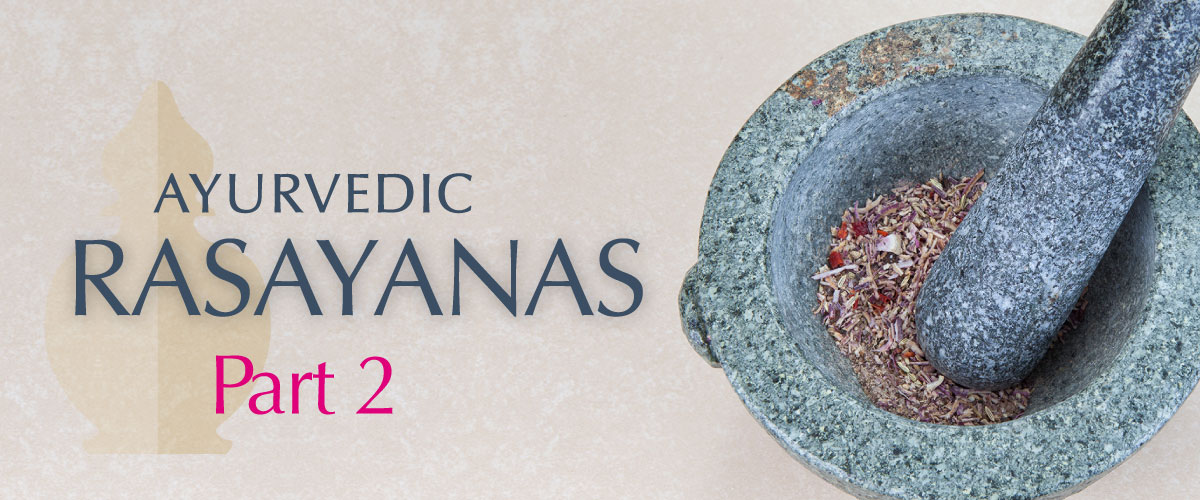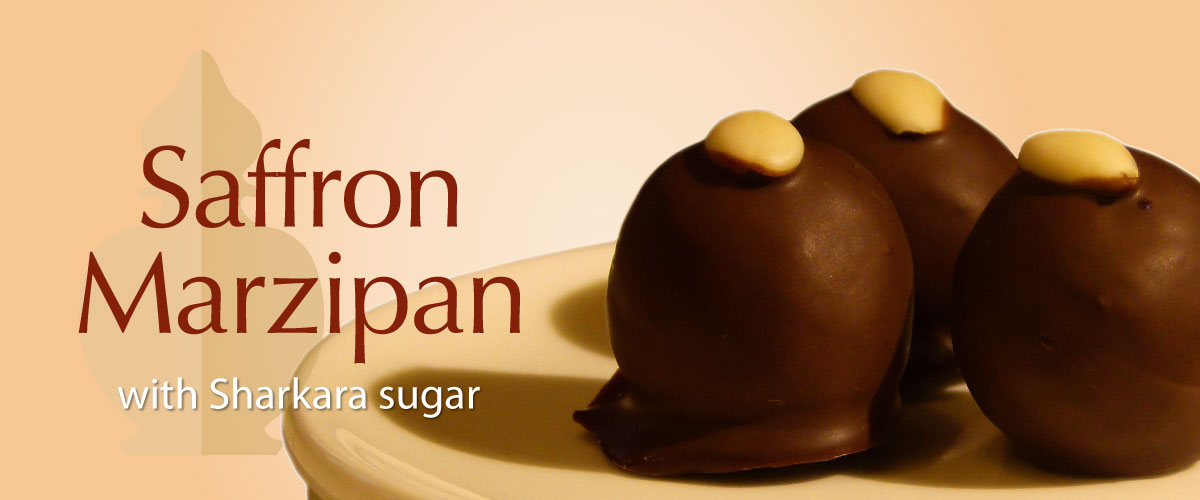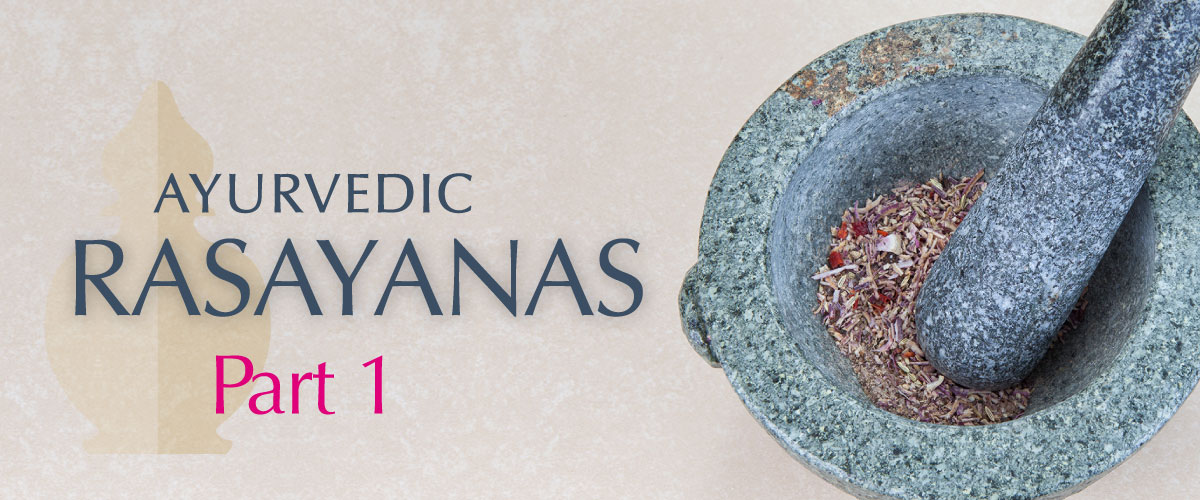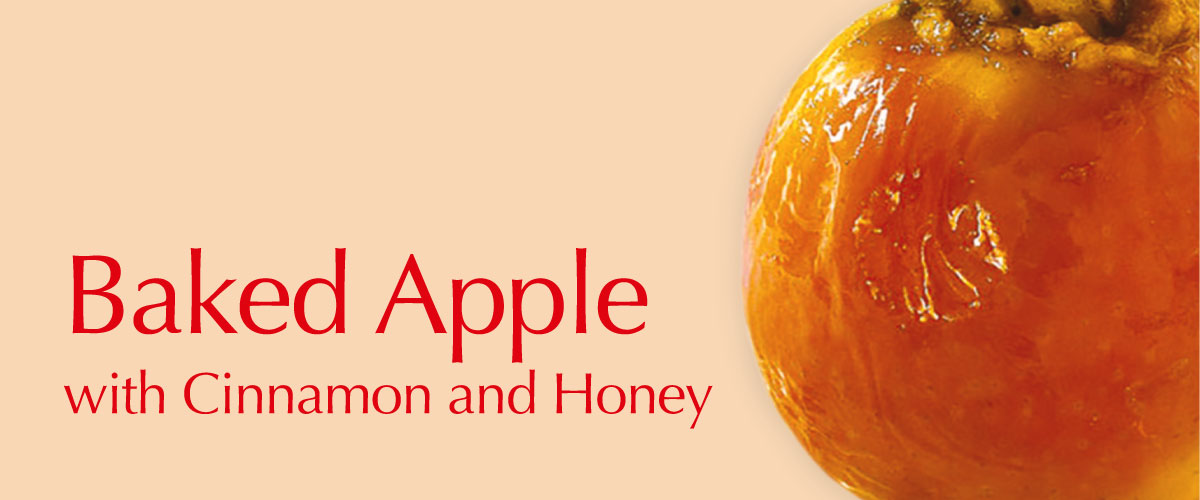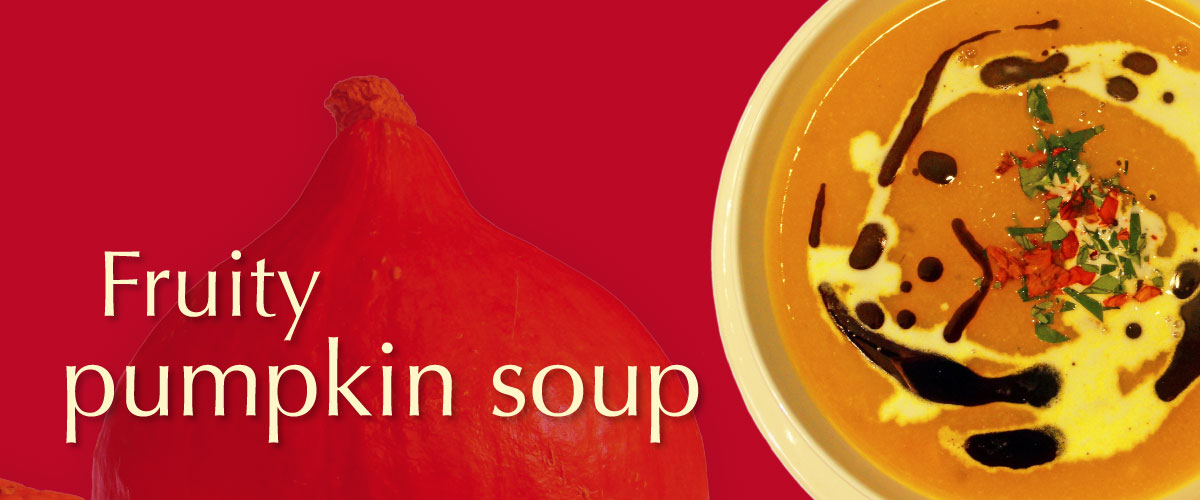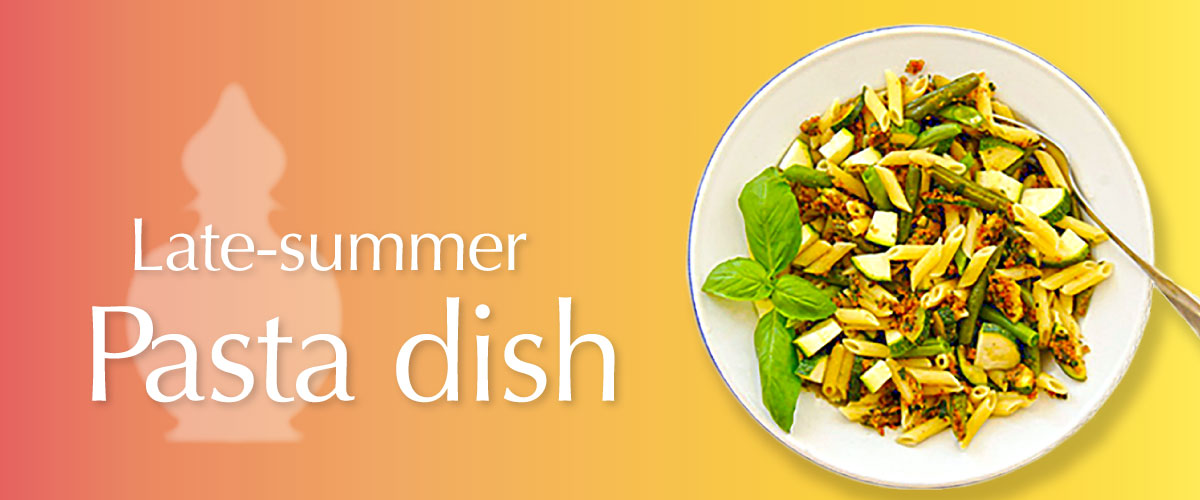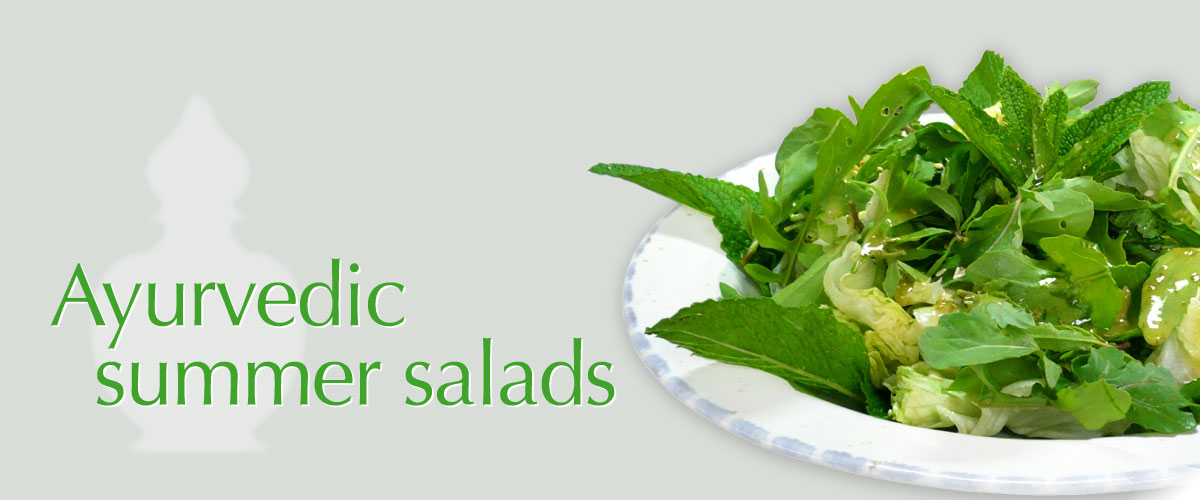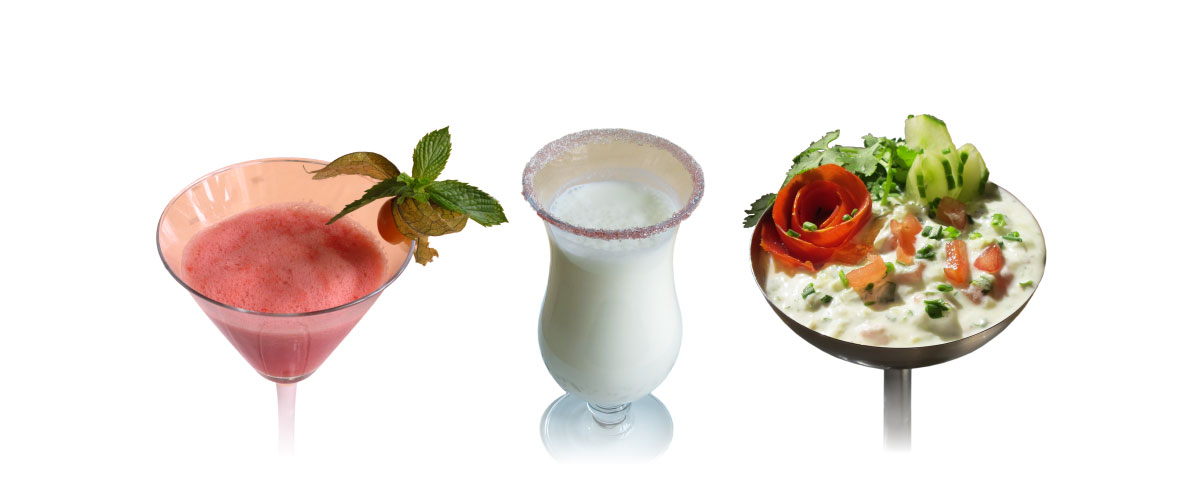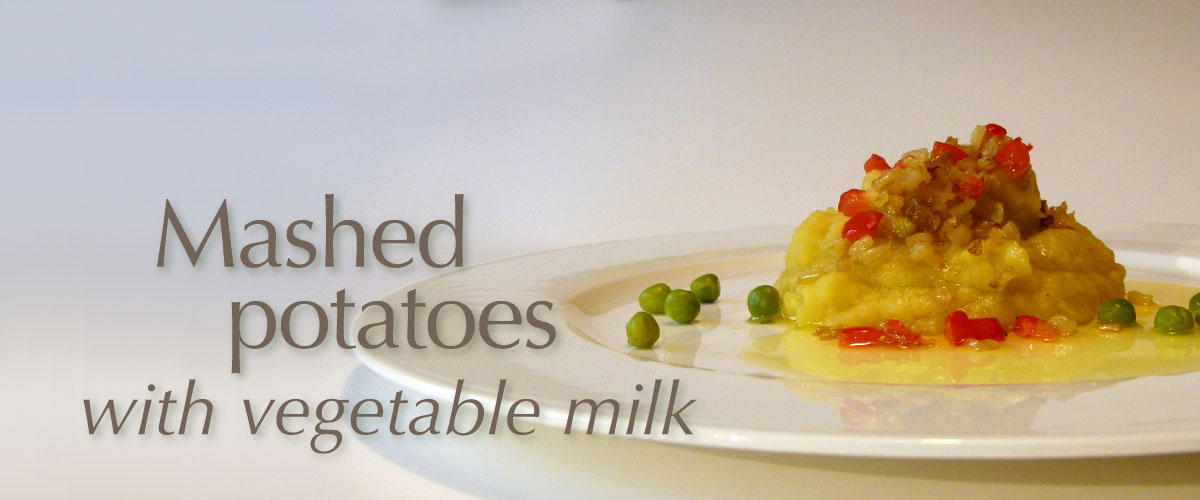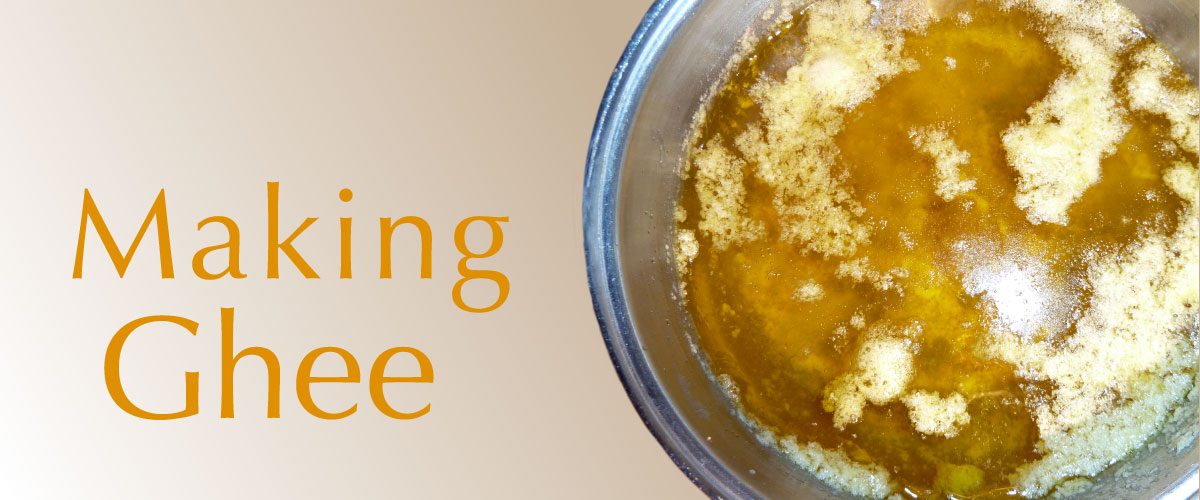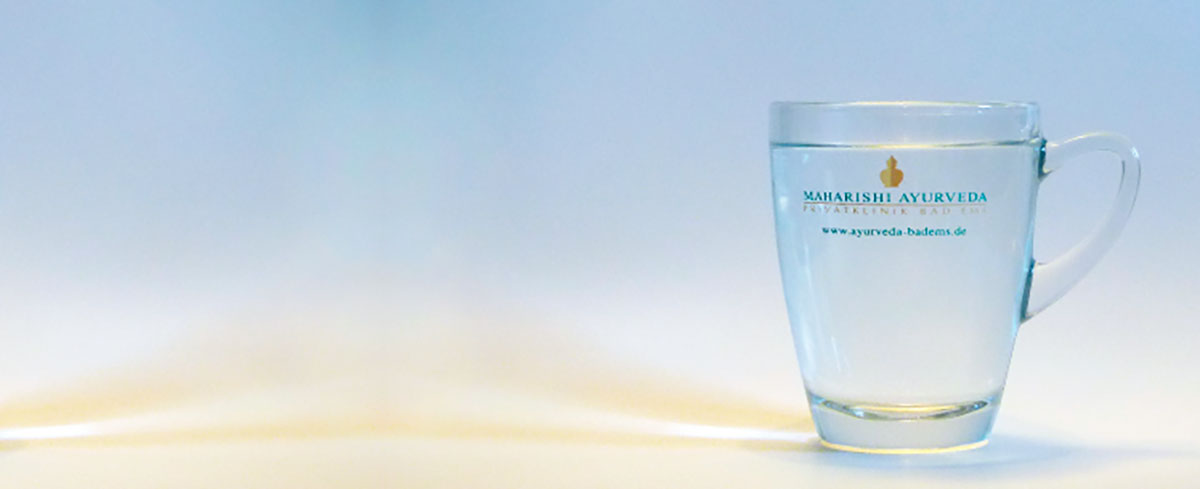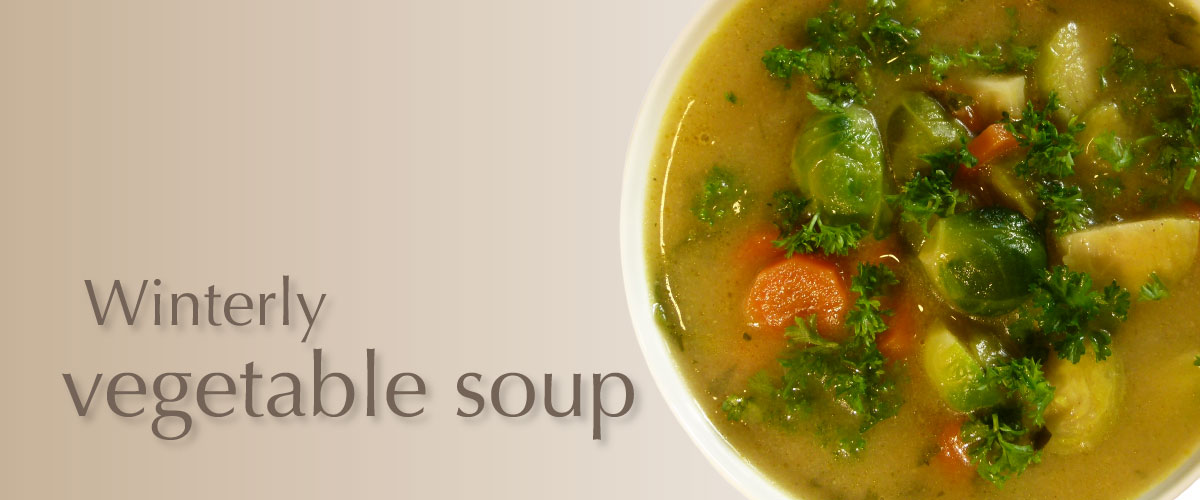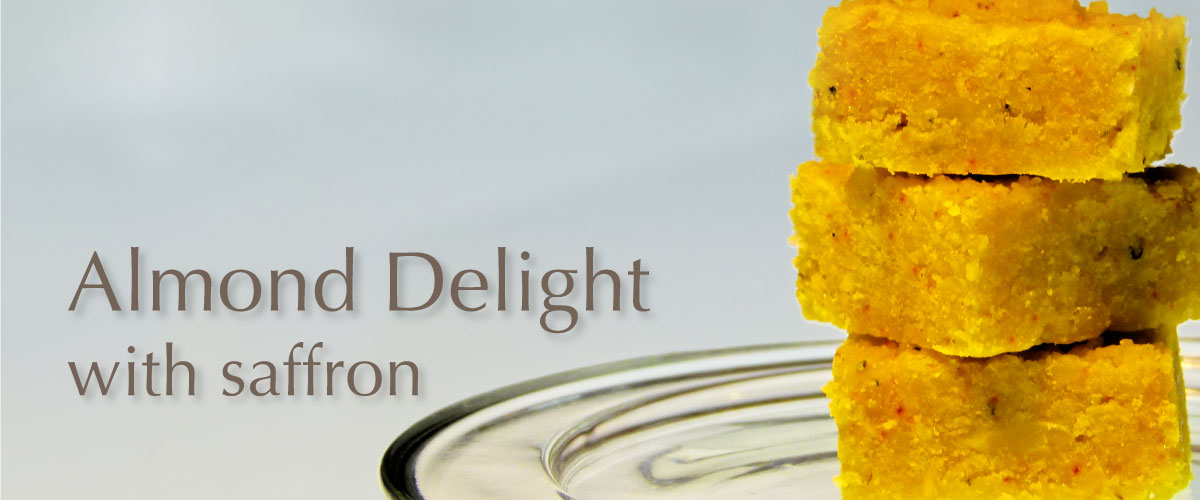In Sanskrit, honey is called Madhu, a word that also denotes “sweet, lovely, pleasant.” In German, honey is sometimes called “the golden miracle”, just one illustration how popular and prized it is in Europe as well as in India, the home of Ayurveda.
Blog – Ayurveda tips for home
Saffron Marzipan
With these delicious marzipan sweets, you are sure to charm your guests’ palates and hearts. And, most importantly, they are a breeze to prepare. No cooking, no baking – just mix the ingredients, roll, coat with chocolate, and you’re done!
Continue readingAyurvedic Rasayanas at Home: Almonds and Honey – Part I
Rasayana is the Ayurvedic term for all rejuvenation therapies that slow down biological aging processes and keep body and mind healthy.
Ayurveda contains comprehensive knowledge for a long and healthy life.
This knowledge is described in great detail in Charaka Samhita and other classical texts. A considerable part of these traditional treatises describes Rasayana therapies, which may involve specific medicinal herbs, nourishing oils, or also certain foods or behavior patterns.
Baked apple with cinnamon and honey
One small baked apple can give you a lot of warm, easily digestible energy to start your day. This healthy energy boost nourishes the heart and muscles, supports bodily functions and prevents constipation.
Continue readingWhy inflammations occur more frequently in autumn
This time of year, called “sharad ritu” in Sanskrit, is characterized by an initial increase of Pitta Dosha in the body, followed by Vata Dosha taking over. Skin problems such as herpes are now frequent. Other viral and bacterial infections or diseases come to the fore as well, such as stomach ulcers, inflammation of the oral mucosa, hepatitis, and also chronic intestinal diseases. Following a diet and daily routine appropriate for this time of year is thus crucial for your well-being, more so if one of these imbalances is pre-existing.
Continue readingFruity Pumpkin Soup
This pumpkin soup is mild, delicious, and warming – and it simply fits well with autumn. In addition, it looks great with its sophisticated topping.
Depending on how thick you make it, this soup can be served as a main dish or as a starter.
Late-summer Pasta dish
This late-summer pasta dish with a mint-like touch is a delight for all Dosha types. The many herbs and fresh vegetables are ideal to soothe Pitta and Kapha Dosha, and the olive oil helps to keep Vata Dosha in balance. But especially if your Pitta Dosha is too high, this dish is for you!
Continue readingGoodbye to headaches – pain relief at last
Everyone has had them at one time or another: headaches. 5 September is Headache Day in Germany – which should be of interest to at least 60% of all people. Because that is the percentage of people who suffer at least temporarily from pressure, throbbing, piercing, or stabbing pain in the head.
Continue readingAyurvedic ideas for summer salads
When the thermometer climbs above the 25 °C mark, Ayurveda speaks of Pitta time. Pitta represents heat and fire. To balance Pitta Dosha, we recommend cooling food. It’s best to favor sweet, astringent, and bitter flavors.
Continue readingAyurveda for holistic dental health
Since thousands of years, Ayurveda has recommended that the tongue be cleaned after brushing the teeth and that the entire oral cavity be treated with oil in order to keep the mouth and teeth strong and healthy.
Continue readingThree cooling recipes for the summer
Ayurveda distinguishes between cold food and cooling food. When the summer shows its hot side, we tend to go for cold or even ice-cold food and drink. But according to Ayurveda, this is an overreaction with an unpleasant effect, because cold food severely reduces Agni, the digestive fire. Continue reading
How to balance increased Pitta Dosha
From July to the end of August, we want to enjoy glorious summer warmth. However, this can increase Pitta Dosha, which consists of the elements fire and water. Increased Pitta Dosha can lead to a feeling of weakness during the day, which only subsides in the evening when the temperature cools down. Continue reading
CORONA VIRUS – How to prevent?
Everyone is talking about the corona virus (officially: SARS-CoV-2). What we’ve seen so far is that the clinical course in 80% of all people infected is so mild that they don’t even notice it. The mortality rate among the seriously ill is 2.3%, but only 0.2% among younger people (under 40). Statistical surveys of the past 30 years by the Robert Koch Institute show that annually, an average of 10,000 to 20,000 people die from influenza. The numbers with this new virus are expected to be about ten times as high, although so far, serious clinical courses and deaths due to SARS-CoV-2 have only occurred in people who were already strongly affected by other illnesses.
Therefore, this is not the time for uncertainty and fear, but for tried-and-tested precautionary measures. Our Ayurveda-colleague Dr. Schachinger has put together a number of points to improve your immune status and thus prevent an infection or mitigate the clinical course: Continue reading
Mashed potatoes with vegetable milk
Doesn’t everyone like mashed potatoes, nicely warm and soft? Except… that one always feels some discom- fort after eating them? Ayurveda tells us why: milk, combined with salty dishes, clumps in the stomach and is then difficult to digest. Continue reading
Miracle cure Ghee
Ayurveda knows Ghee – clarified butter – both as a remedy and a food. Ayurveda utilizes the beneficial qualities of Ghee in internal as well as external treatments. Ghee is an indispensable part of this oldest art of healing and, along with milk and honey, is considered a natural Rasayana, i.e. an Ayurvedic preparation for prevention, strengthening and rejuvenation. Continue reading
Making Ghee
Making your own Ghee is easy, but you need to give it some time and attention. The butter has to be boiled long and gently to release its subtle nutty aroma. The suggestion is to do this on the side, while you’re preparing a meal or doing chores, but close enough that you can monitor the process. Continue reading
Why hot water works wonders
Even if it is unusual for us: drinking hot water is an effective medicine for many diseases. Since thousands of years, Ayurveda knows that hot water is a cornerstone for long-lasting good health. We recommend boiling the water for ten minutes. You can boil enough water for the day in the morning and keep it in a thermos (or several) so you always have hot water at hand, including while traveling. Continue reading
Winterly vegetable soup
Although this winterly vegetable soup is low on carbohydrates, it is quite satiating and thus really helps you lose weight.
In this recipe, we have used fennel, but this can be replaced by white cabbage or kohlrabi, e.g. if you prefer a stronger taste. Continue reading
Starting the new year with good resolutions
It’s that time again: The good resolutions for the new year have been made. As health awareness is becoming more fashionable, many fellow humans have resolved to lose weight. Often, that’s easier said than done. Continue reading
Almond Delight with saffron
Although this almond confectionery can be enjoyed year-round, it’s an especially fitting enrichment to the traditional range of Christmas Season pastries.
Continue reading